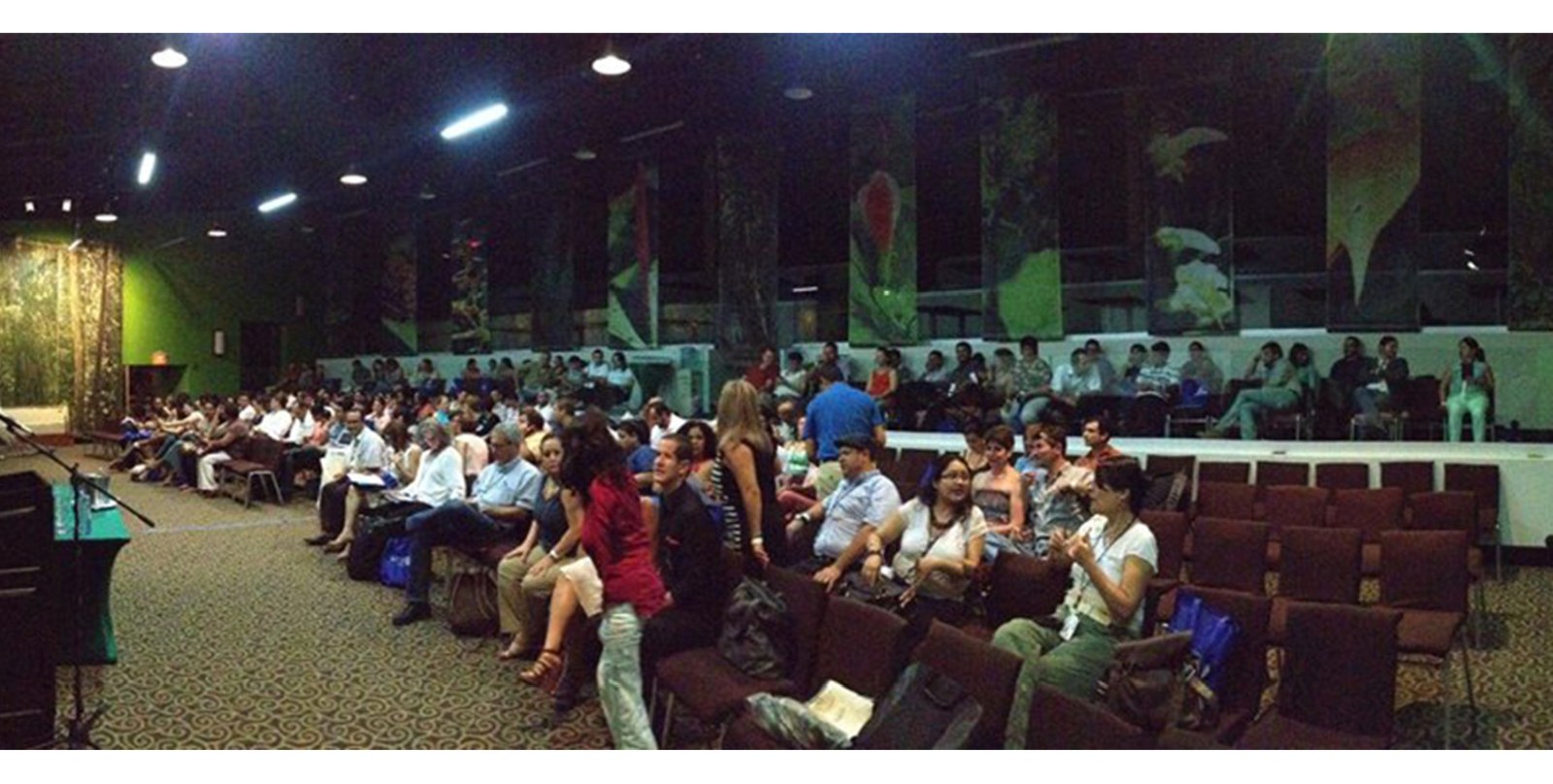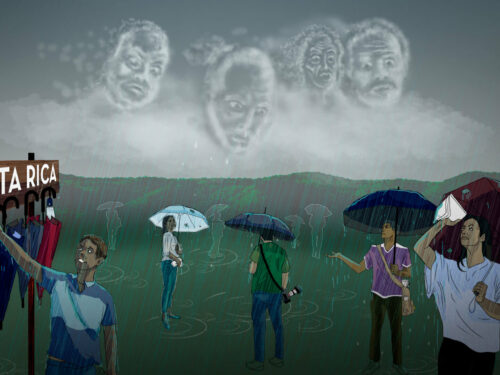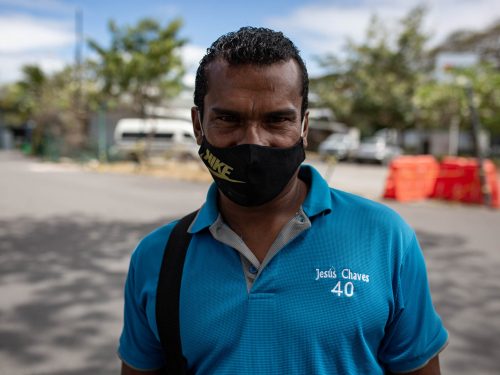
The first Innovation in Teaching Conference (Congreso de Innovacion de la Docencia), organized by the University of Costa Rica Liberia campus from July 30 until August 1, involved several approaches and perspectives on teaching. The standout among them was a holistic model being developed in Butan.
Holistic education or holistic learning is a comprehensive educational model based on the premise that every person finds their identity, meaning and purpose for their life through the connections they have with the community, the natural world and with human values.
Butan is a tiny, landlocked country in south Asia located in the Himalayan mountain range. Less than 800,000 people live there, and it is one of the smallest countries in the world. The country’s holistic educational model is based on four pillars: sustainable socioeconomic development, environmental conservation, cultural preservation and good governance.
Doctor Deborah Young, from Naropa University in Boulder, Colorado, who took part in the conference, explained that education is part of life.
“The majority of kids spend most of their time with their teachers, so teachers should take advantage [of the opportunity] to put them in touch with the environment, because experiences teach more than theory. In that way, kids get to know nature and learn to value it,” said Young.
But for Leana Larios, a primary school teacher in Libera and one of more than 200 educators who enrolled in the conference, applying the model in class is not easy because Costa Rica’s education system lacks the flexibility needed to do so. “Our educational system is very limited regarding human formation and values, compared with other countries. In Costa Rica the educational programs box the teacher in and do not allow them the freedom to develop kids’ values and potential.”
For his part, Alex Arias, in charge of protocol for the conference, said that the experience of other countries, in the case Butan in particular, would have a lot to offer Costa Rica’s education system.
“It is important to share other countries’ experiences. It’s not that we’re going to eliminate our teaching model, [but instead] the idea is to incorporate principles and visions from developed countries and adapt them to our system,” Arias said.
However, for new models to be implemented either partially or completely into Costa Rican education, they will have to first be analyzed by the Ministry of Public Education.
Despite the fact the implementation process would be long, for Young, there are many benefits to be gained through holistic education. “It’s a complete benefit, because if the environment is healthy, the animals and human beings would also be healthy, but if the environment is harmed, the rest are harmed as well.”







Comments